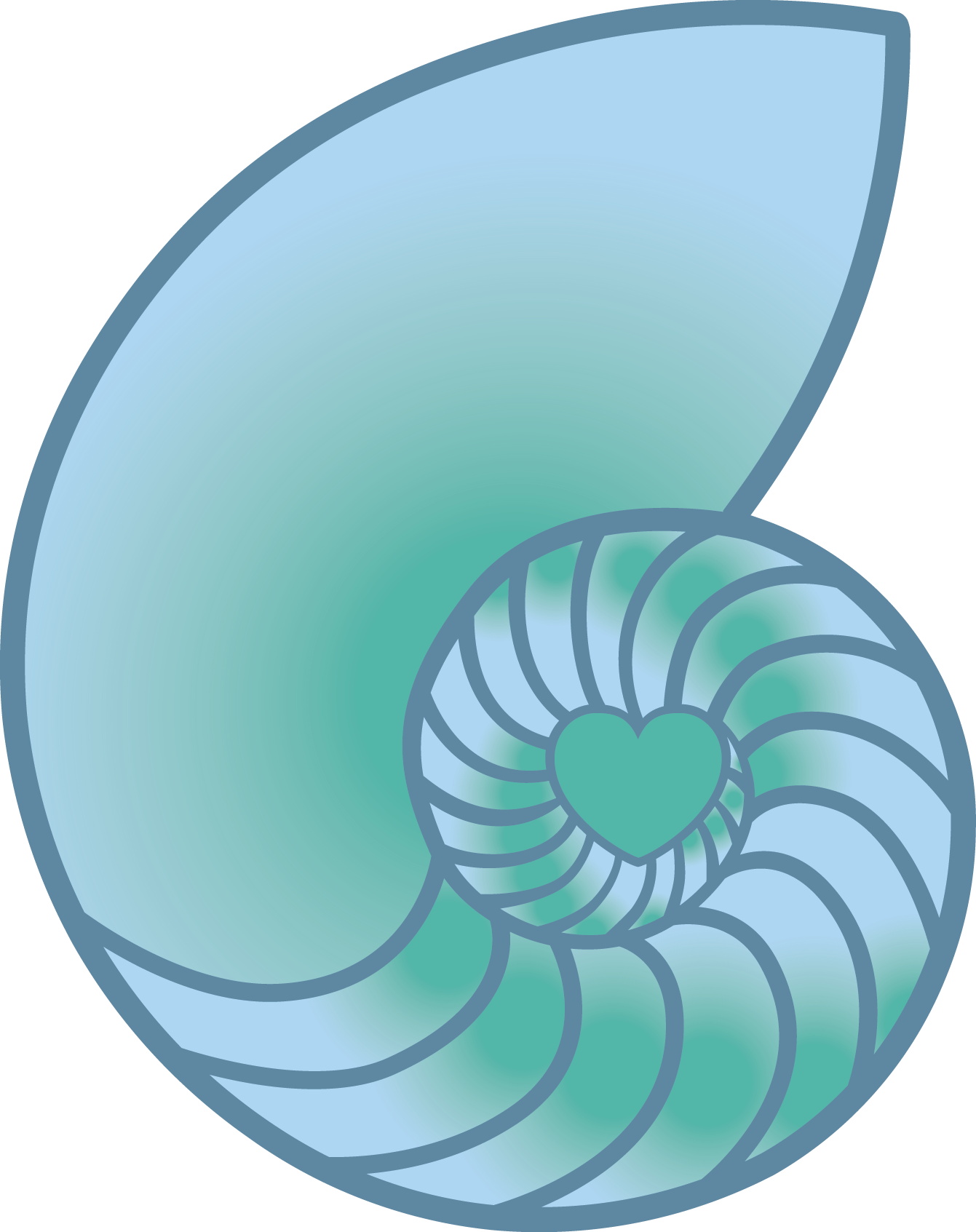Listening is one of WholeHeart’s core values and is a common thread through all of our work - bringing people together to enhance their listening skills to self, to others, to the world around them. November is a time of gathering together in this country, and often anxiety is something we bring to the table. Strengthening our listening practices may be even more essential than our favorite dish. As we bring together our work with listening and our work with equity and hold the question of “how to hold tension in life-giving ways,” we invited three WholeHeart board members share perspectives and resources on listening:
Marissa Colston: Director of Diversity and Inclusion at the Westtown School, PA
“Listening to understand and not listening to respond. This is something we talk to our students about a lot and also try and practice and model as teachers and adults. It means that you are really present and focused on what someone else is sharing and responding with questions or with mirroring on what you heard them say. Only after that do you share your ideas and thoughts. Without this deep listening, folks often don’t feel heard, so the conversations don't go anywhere. Mirroring can be useful when mediating a situation:just the act of saying exactly what you heard back to a person, can turn a potential conflict into a new understanding and agreement.”
Marie Vea: Assistant Dean for Student Services & Staff Development, Rubenstein School of Environment & Natural Resources, University of Vermont
“Listening requires so much more of me than my ears. Listening for the silence in-between, for the visual cues that add more than words to the story, tuning into the surrounding context. It's a constant practice.. In these current times, it seems much harder to listen and yet it is this skill that is most in demand. Last week I was giving a brief presentation on a project that ironically involves listening across many differences. A long-time colleague asked a question about which I was unprepared for. I responded somewhat defensively. I thought about that interaction for days. When I saw that colleague again a week later I apologized and shared my realization that their question was a gift, an opportunity to really tune in, to pause, to examine my assumptions, to attend to the impacts, and to take responsibility for our relationship. Intuition told me I needed to fully consider the question. This worked on me for a week until I could articulate an authentic response. You see, the question they asked was, "So what do we do now?". It's such an important question. My initial response was hurried and so full of ego. Really listening would have meant taking a pause to respond from a place of inquiry and compassion. Perhaps saying, "I don't know. Maybe we can listen for the answers together?"“
Jeanie Phillips: Professional Development Coordinator at the Tarrant Institute for Innovative Education
“Leaning into Discomfort: I saw Robin DiAngelo give a keynote about white fragility to a room full of (mostly white) Vermont educators. It was beyond powerful. What comes to mind for me is leaning into discomfort. A colleague used this analogy: it's like being a lobster. When a lobster gets uncomfortable, it has to shed it's skin and grow. I think about how vulnerable that is: walking around with a thin skin while you are waiting to grow a shell, how tender and open you are in that time of growth. Listening across difference can be like that --- you hear things that make you uncomfortable, uneasy, and maybe ashamed. I've been having to really be uncomfortable in the face of some anti-blackness in a community setting. And the growth I'm doing is (hopefully) leading me to being a better white person and a better ally. It's hard and tender and challenging, and I am leaning into discomfort in new ways.”
Resources for deeper exploration:
Essential Partners: Reaching Across the Divide Guidebook: “Talking about politics is difficult because politics is one way we express what we really care about – our hopes, our values, our deepest concerns.
Expansive Listening blog by Bright Morning Every Conversation Counts: “Constricted listening will ultimately suffocate you. You don’t need it. If we take responsibility for how we’ve listened, and if we recognize the fundamental power of listening, we can develop new ways of being with others.”
Turning the Lens: Seeing Whte: “Events of the past few years have turned a challenging spotlight on White people, and Whiteness, in the United States. An introduction to our series exploring what it means to be White. By John Biewen, with special guest Chenjerai Kumanyika.”
Living the Questions: Krista Tippet: “How can we be present to what's happening in the world without giving in to despair and hopelessness?”




